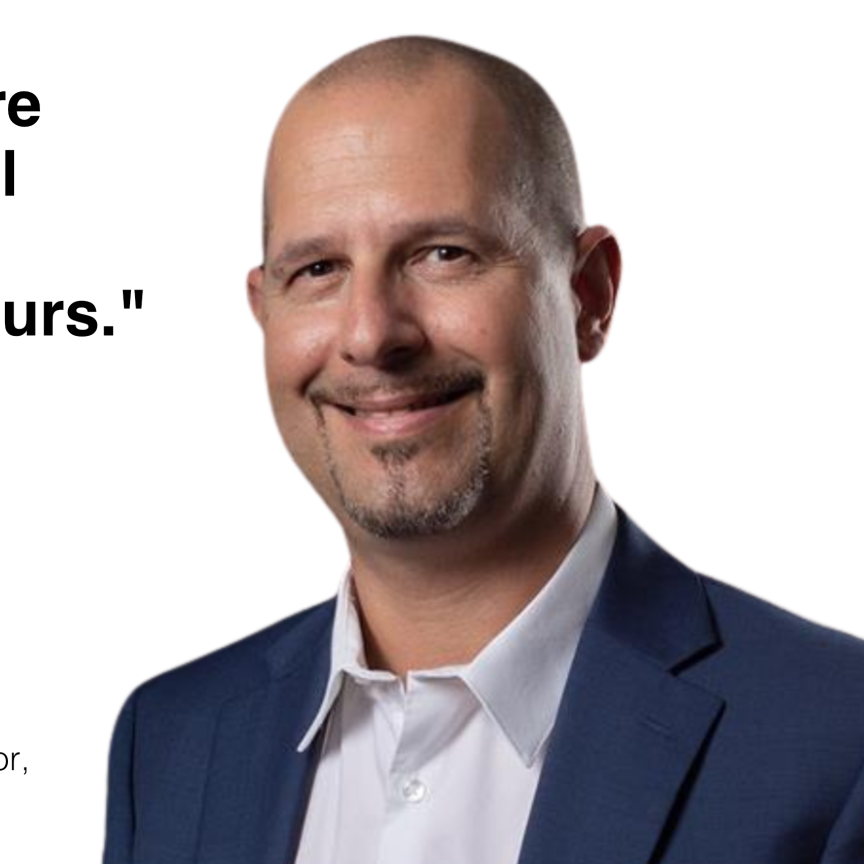A Quantum Imaging Hub, led by the University of Glasgow, will receive £29 million in funding over the next five years from the UK Engineering and Physical Sciences Research Council (EPSRC), it has been announced.
The consortium of universities and businesses will develop quantum technologies including cameras that use just a single pixel to see through smoke, imaging systems which can time light to see around corners, and miniature structures to create earthquake warning systems.
The hub brings together the Universities of Glasgow, Bristol, Edinburgh, Heriot-Watt, Oxford and Strathclyde with more than 30 industry partners.
The hub’s lead academic is Professor Miles Padgett of the University of Glasgow. Professor Padgett said: ‘The hub’s vision is to work in partnership with industry to translate our world-leading discovery science into revolutionary imaging systems that will benefit the UK economy across commercial, scientific and security sectors.’
One University of Glasgow-led project uses cheap, simple single-pixel sensors to build sophisticated ultraviolet or infrared video images much more affordably and conveniently than has been possible before. The sensors could be used in applications such as visualising gas leaks, seeing clearly through smoke, or looking under skin for tumours.
A second project, also led by the University of Glasgow, will use springs ten times thinner than a human hair to image minute changes in gravity fields. The work will enable a range of applications, including finding landmines, tracking magma moving under volcanoes and monitoring oil reserves to maximise extraction.
A new camera development led by Heriot-Watt University uses highly advanced photon-timing techniques to recognise objects around corners, as well as images through walls or opaque biological tissue.
Professor Steve Beaumont, director of the Quantum Imaging Hub, said: ‘We’re delighted to have received this support from EPSRC and are thrilled to be partnering with 37 industry collaborators. The Hub also includes a £4 million partnership fund to support industry-led projects and a Scottish Funding Council investment of £3 million to create innovation space where companies can work alongside university researchers to develop industry prototypes.’
The Quantum Imaging Hub is one of four quantum technology hubs that will be supported by the UK government’s £270 million National Quantum Technology Programme announced by the Chancellor, George Osborne in his Autumn Statement of 2013. The new £120 million network will involve 17 universities and 132 companies.
Further information:

